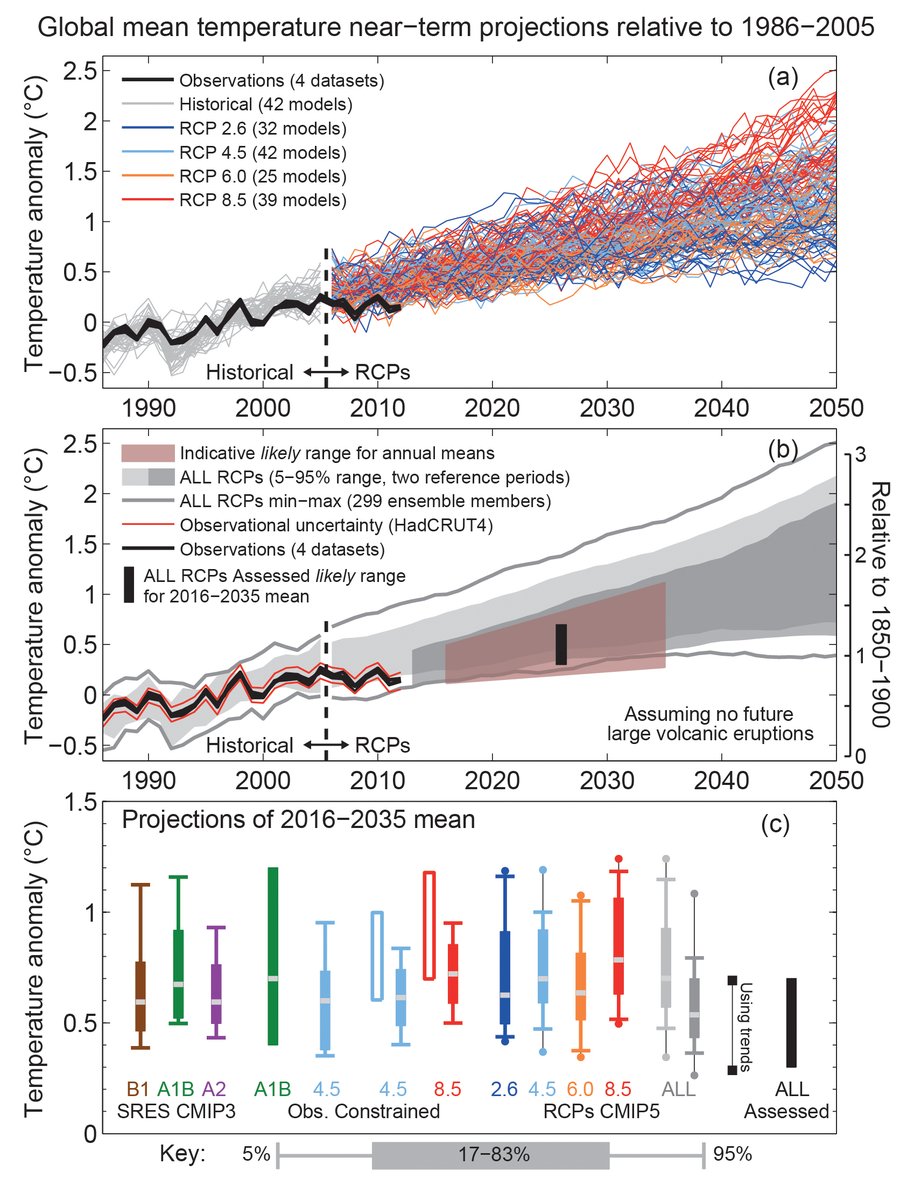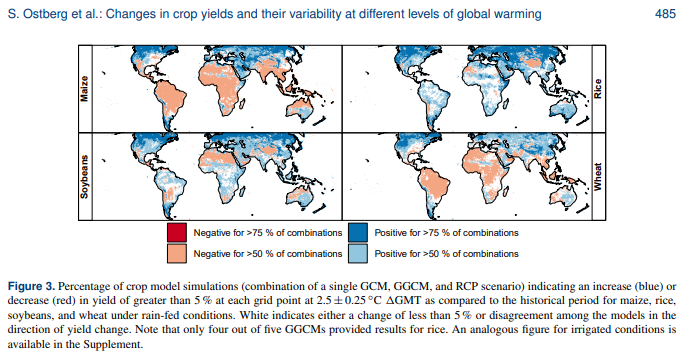Some people rightly asked what I& #39;d say instead of @ClimateBen& #39;s claims
The following thread https://abs.twimg.com/emoji/v2/... draggable="false" alt="⤵️" title="Nach rechts zeigender Pfeil mit Krümmung nach unten" aria-label="Emoji: Nach rechts zeigender Pfeil mit Krümmung nach unten"> gives my one-tweet summary, then more details
https://abs.twimg.com/emoji/v2/... draggable="false" alt="⤵️" title="Nach rechts zeigender Pfeil mit Krümmung nach unten" aria-label="Emoji: Nach rechts zeigender Pfeil mit Krümmung nach unten"> gives my one-tweet summary, then more details
I& #39;m sure my summary is not perfect, but IMO it represents climate science better (and he mentioned scientists) https://twitter.com/richardabetts/status/1279731157920251904">https://twitter.com/richardab...
The following thread
I& #39;m sure my summary is not perfect, but IMO it represents climate science better (and he mentioned scientists) https://twitter.com/richardabetts/status/1279731157920251904">https://twitter.com/richardab...
Without deep emissions cuts starting now, models project global warming to reach 2°C in the 2040s or 2050s, maybe slightly earlier as an extreme case
This risks major yield reductions of some key crops in many regions. Adaptation could reduce risks, but this itself needs action
This risks major yield reductions of some key crops in many regions. Adaptation could reduce risks, but this itself needs action
The timing of reaching 2°C depends largely on which model is used. Some warm faster than others
Risk assessment should account for earlier dates in the range, even if they& #39;re not the most likely
But "90% of scientists think 2C by ~2038" overstates it
https://www.ipcc.ch/site/assets/uploads/2018/02/WG1AR5_TS_FINAL.pdf">https://www.ipcc.ch/site/asse...
Risk assessment should account for earlier dates in the range, even if they& #39;re not the most likely
But "90% of scientists think 2C by ~2038" overstates it
https://www.ipcc.ch/site/assets/uploads/2018/02/WG1AR5_TS_FINAL.pdf">https://www.ipcc.ch/site/asse...
Predicting crop yields at 2°C is difficult
Yields could either increase of decrease depending on which crops and also how regional climates change
There& #39;s clearly risks of decreased yields of some key crops in the tropics, but much less risk elsewhere
https://esd.copernicus.org/articles/9/479/2018/esd-9-479-2018.pdf">https://esd.copernicus.org/articles/...
Yields could either increase of decrease depending on which crops and also how regional climates change
There& #39;s clearly risks of decreased yields of some key crops in the tropics, but much less risk elsewhere
https://esd.copernicus.org/articles/9/479/2018/esd-9-479-2018.pdf">https://esd.copernicus.org/articles/...
It& #39;s worth noting that this study looks at rain-fed crops, not irrigated crops. Irrigation and other adaptations would increase resilience
Since crops are already grown in hotter countries today, temperate regions could adapt. Obvs this is less certain for already-hot countries!
Since crops are already grown in hotter countries today, temperate regions could adapt. Obvs this is less certain for already-hot countries!
I am not by any means dismissing the severe implications of reduced crop yields in the tropics. This could risk hunger for millions
But the phrase "humanity relies upon for decent survival" suggested a more existential-level threat, which IMO goes beyond the scientific evidence
But the phrase "humanity relies upon for decent survival" suggested a more existential-level threat, which IMO goes beyond the scientific evidence
The @IPCC_CH 1.5C report discusses impacts on crop production at 1.5°C & 2°C in section 3.4.6.1
The story is complicated. One issue is whether CO2 fertilisation is important or not
Risks are clear, but "humanity" and "decent survival" are not mentioned
https://www.ipcc.ch/site/assets/uploads/sites/2/2019/06/SR15_Chapter3_Low_Res.pdf">https://www.ipcc.ch/site/asse...
The story is complicated. One issue is whether CO2 fertilisation is important or not
Risks are clear, but "humanity" and "decent survival" are not mentioned
https://www.ipcc.ch/site/assets/uploads/sites/2/2019/06/SR15_Chapter3_Low_Res.pdf">https://www.ipcc.ch/site/asse...
To be fair to @ClimateBen, after I tweeted him earlier he did come back with a less extreme version of his statement
His "likely" statement is reasonable in relation to current policies
I just wish he& #39;d said something more like that in the first place! https://twitter.com/ClimateBen/status/1279749561523802113">https://twitter.com/ClimateBe...
His "likely" statement is reasonable in relation to current policies
I just wish he& #39;d said something more like that in the first place! https://twitter.com/ClimateBen/status/1279749561523802113">https://twitter.com/ClimateBe...

 Read on Twitter
Read on Twitter




